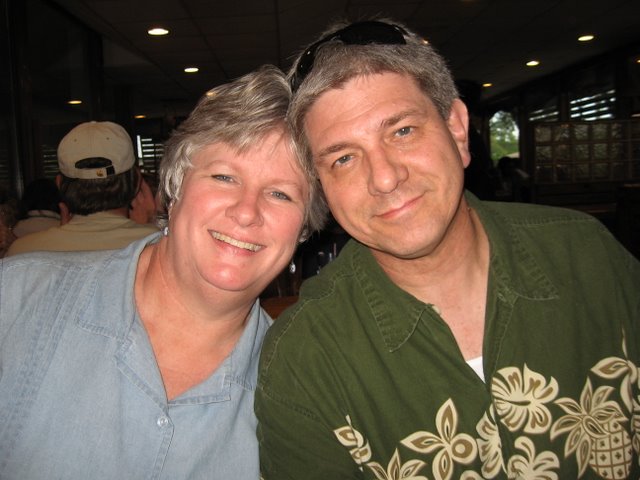
While doing my senior thesis at Rochester College I came across this fascinating article in Interpretation Magazine by Donald Juel (Interpretation: Essays on Bible and Theology, January 1997, "The Strange Silence of the Bible," Donald Juel, p.5-19). The strange silence to which the article title refers is the lack of public reading in the assembly. Juel isn't talking about following a lectionary schedule, but rather practicing reading the Scriptures out loud for effect. Words are powerful and can be very powerful when spoken in the right way.
Juel actually makes two points in his article. First, the Bible was created to be read aloud (p.7). He maintains that part of this reason is that the Bible was created in a culture that was oral in nature. So even though we have a written text it is still meant to be read aloud. He mentions a time when the Gospel of Mark was "performed" in public. He noticed that the audience laughed on occasion. The reader knew how to dramatically portray the situation so that the audience not only heard what the text said, but heard the way in which Jesus might have spoken. The audience actually heard the exasperation in Jesus' voice from the text.
His second point is that we preachers (or teachers) haven't done our exegesis properly unless we read the text out loud (p.6). He gives three examples of texts where the reading might be done differently so that the audience will see something different in the text than what they normally see (Luke 15:11-32; Mark 15:39; Mark 4:1-20). In particular is the passage in Mark 15:39 where the centurion looks at the cross and claims that Jesus must have been God's son. A student in one of Juel's class suggested the text be read sarcastically. Of course that reading affected the way the class looked at the text and it's meaning. I haven't read out loud of late, but for a time I practiced this and found it to be helpful in my study each week. I would read the text aloud several times and from several translations. I tried to alter the way in which I read it each time.
I experienced this idea of reading the text out loud in public while we were in Tabernacle, NJ. One year we wanted to emphasize reading our Bibles daily in one year. So we kicked off the year on New Year's Eve by gathering at the building (in the old auditorium) and for two hours we read out loud from Genesis 1 to 25. As each man read a chapter I noticed that the text seemed to come more alive for me. It was better when a little inflection was added but still the over all effect was grand. Then on the fifth Wednesday during the rest of the year we read for services instead of our usual class. I would choose our section (Psalms, Gospels, and other sections) and assign the readings. I really loved that time. I would hear new things in the text I hadn't heard before. What a powerful experience.
One of the down sides to this is that we live in a society that is tied to the clock. One of my teachers at Sunset (can't remember which one - maybe Richard Rogers) used to say we were "clock-eyed." To really be effective we need more time in our assemblies to hear the word read out loud. If a congregation will take the time to listen, they will be hooked.


2 comments:
It is the clock-watching mentality in Western culture that is the problem. When the Brazilian immigrant church I serve has its reading of an entire chapter in worship, I doubt whether anyone quite remembers what was read. Everyone seems ready to get on to the next thing. We have a series of acts to carry out in worship, and we just try to check them off quickly as we go.
Adam, my guess is that we humans will always be tied to the "we have a series of acts to carry out in worship" mentality. In one sense it is good that we know what to do and when to do it. But sometimes I wish we could just relax and do a better job of listening.
Post a Comment